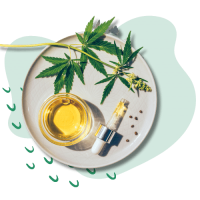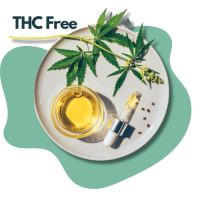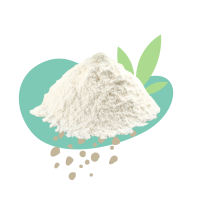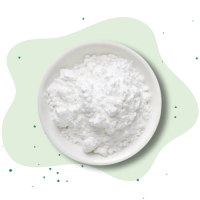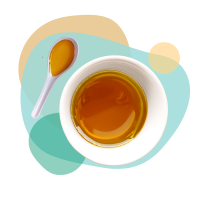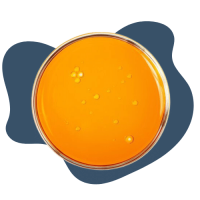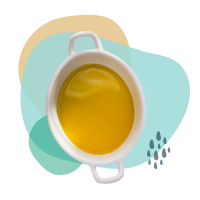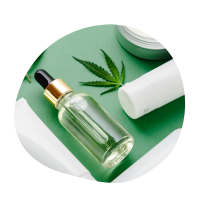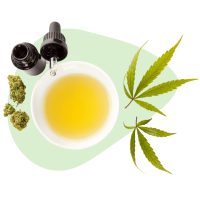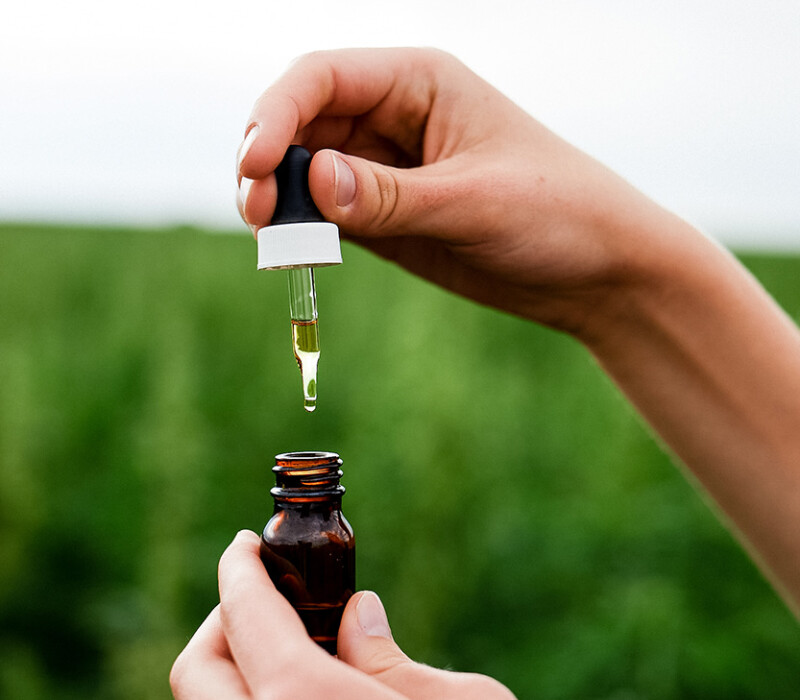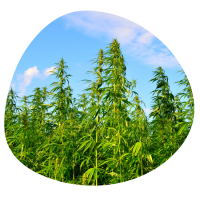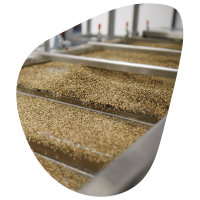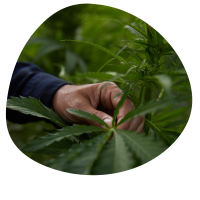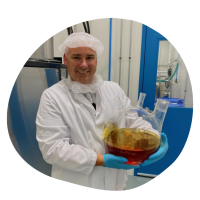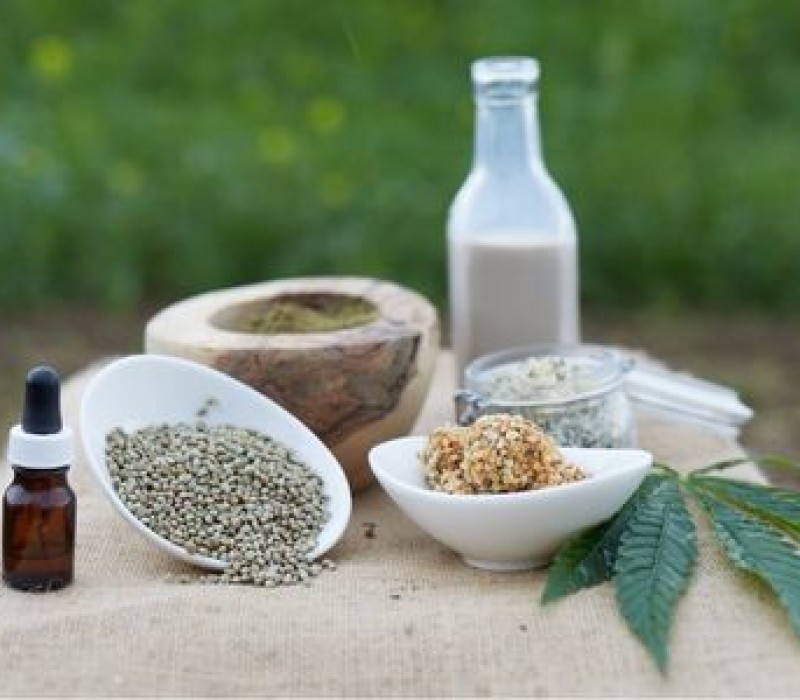12 Days of Hempmas: 12 Hopeful Hemp Uses to Feel Merry About
Hemp is a remarkable plant, with many extraordinary applications.
For centuries, hemp has been used to create strong and durable fabrics, and has been utilized as an excellent source of nutrition due to its high levels of omega-fatty acids. More recently, hemp has been gaining traction as a sustainable building material, as well as an eco-friendly alternative to fuel and plastic.
In addition to its impressive commercial uses, hemp absorbs significant amounts of carbon dioxide and cleanses soil, making it a top contender for offsetting global emissions.
By understanding the full breadth of applications of hemp, we can begin to see how this versatile plant could be a major contributor towards reducing our environmental impact and revolutionizing sustainable living.
With Christmas right around the corner, here are 12 hopeful hemp uses that we can all feel merry about!
1. Building Materials
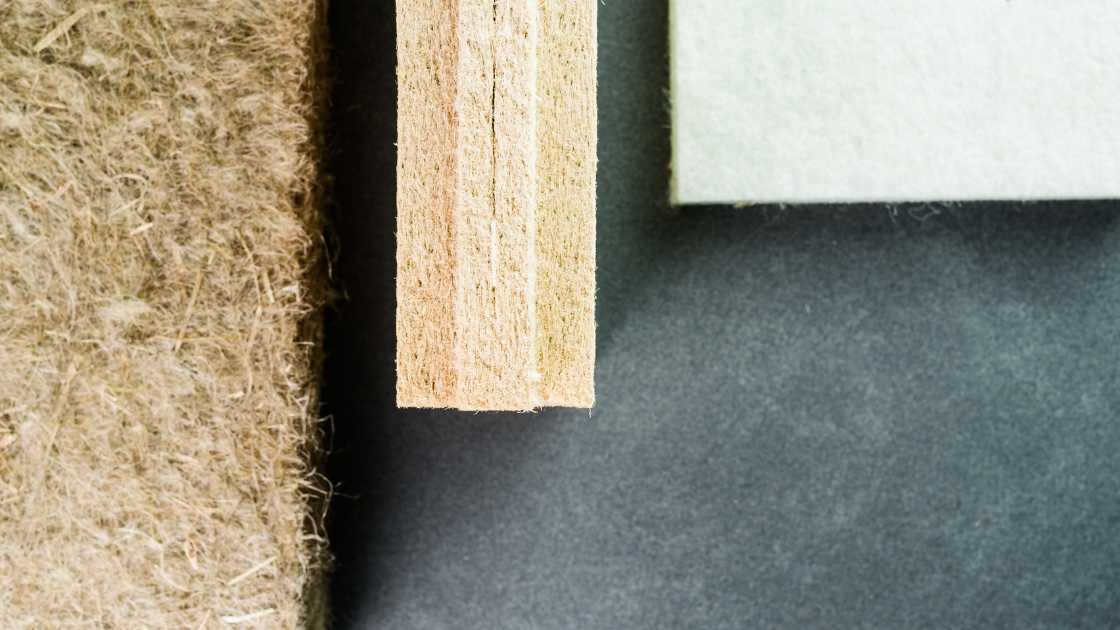
Hemp is a great alternative to traditional building materials due to its sustainable harvesting process and lower environmental footprint. It can be used to substitute a variety of materials including insulation, siding, wood, and even rebar.
Hempcrete - a mixture of hemp fibres, hydrated lime, and water - has already been used in place of concrete in some buildings and walls. It is lightweight, breathable, fire-resistant, and boasts excellent thermal regulation properties, making it ideal for energy efficiency.
Additionally, hemp fibre insulation can be used as an alternative to synthetic insulated materials like Styrofoam, which has a higher carbon footprint. Not only does it allow for more insulation with fewer natural resources, but it also produces fewer toxins from manufacturing than comparable products made from petroleum-based plastics or glass wool fibres.
2. Textiles
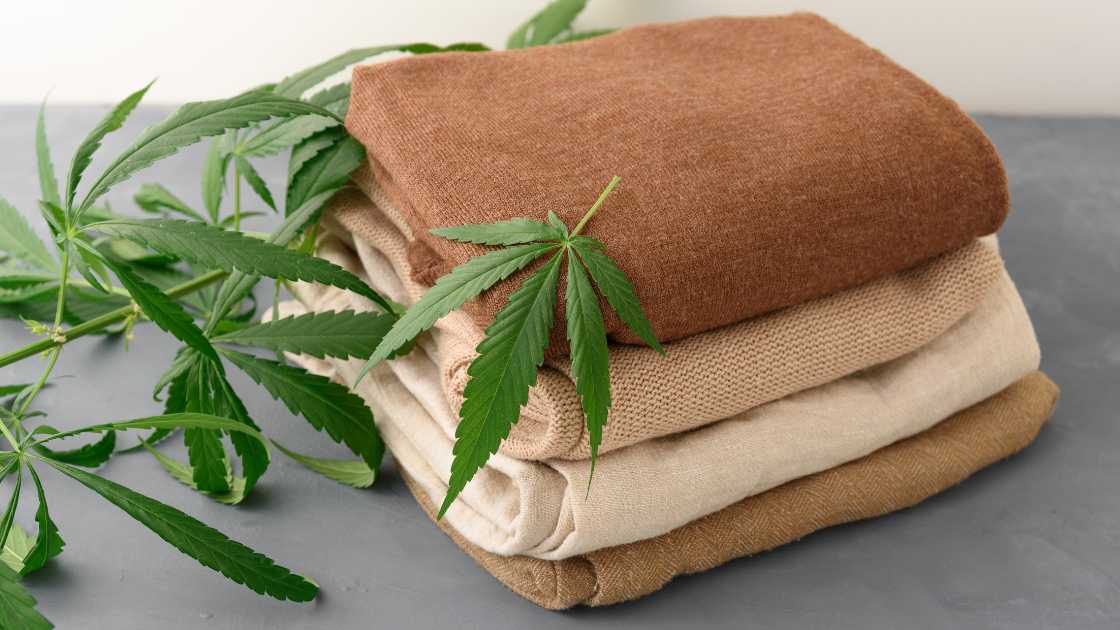
Did you know that the word “canvas” is derived from the Latin term "cannapaceus", which translates to "made of hemp"?
Today, hemp is an increasingly popular choice for sustainable textiles, as it is highly versatile and more environmentally friendly than traditional materials like cotton. Hemp fibres are especially durable and can be used to create long-lasting fabric for fashion, home decor, and accessories that are functional and stylish.
More importantly, hemp requires few resources to cultivate: no pesticides or fertilizer are needed to grow hemp organically, allowing farmers to produce hemp in an entirely clean way.
3. Biofuel

Hemp is now being regarded as a possible contributor to the growing demand for clean and sustainable fuel sources.
According to research conducted by the University of Connecticut, 97% of tested hemp oil was converted to biodiesel, showcasing that hemp biofuel has the potential to reduce dependence on conventional energy sources like gasoline and diesel-based fuels.
Hemp biofuel is also biodegradable and produces fewer emissions than both gasoline or diesel fuels, making it an ideal choice for reducing our overall carbon footprint.
4. Food Production

Hemp is packed with nutrition and can be used as an additive in food production due to its high levels of omega fatty acids. Its high essential amino acid and polyunsaturated fat profile is not only useful, but extremely beneficial to our health.
Hemp is also rich in full-spectrum vitamins and minerals, including:
- Calcium
- Magnesium
- Potassium
- Vitamin A, B1, B2, B3, C, D and E
Lastly, because hemp plants are fast-growing and require minimal water or pesticides to grow effectively, utilizing this plant as a mainstream food source could greatly minimize the impact of global food production.
5. Bioplastics

Hemp holds enormous potential for replacing petroleum-based plastics. Not only does it require far less resources to produce and generate fewer toxic byproducts, but hemp plastic has a much smaller carbon footprint than traditional plastics.
Hemp bioplastics are also biodegradable, making them significantly better for the environment than traditional plastic counterparts due to their ability to break down and prevent environmental pollutants from entering water systems or landfills.
6. Kitchen Oil
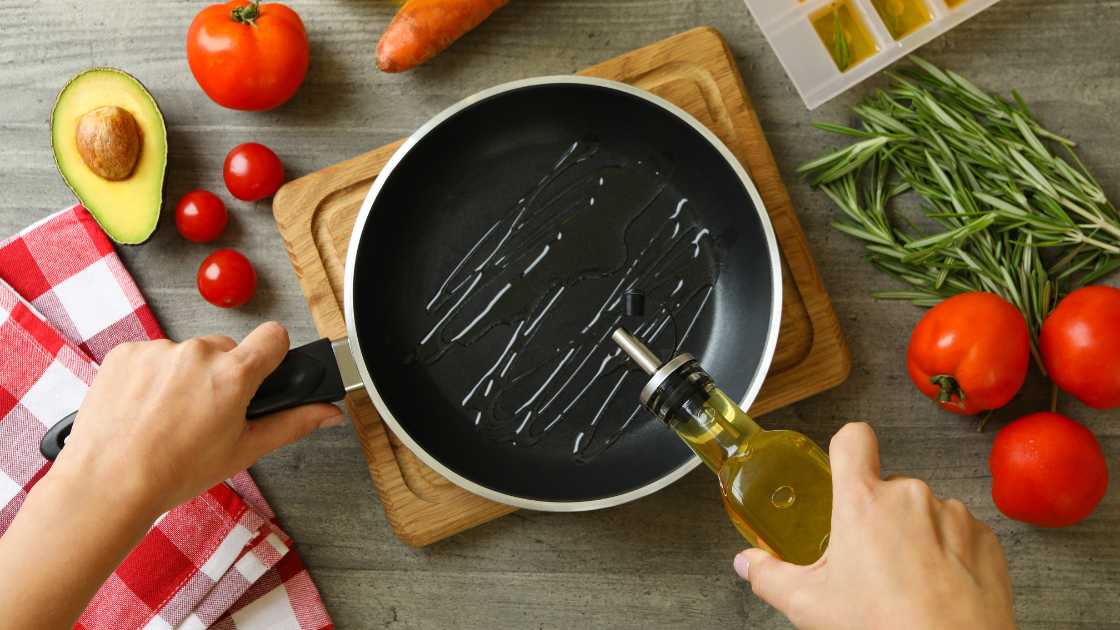
Hemp seed oil is a popular ingredient in vegan-friendly cooking and can be used as a healthier substitute for other oils. Best used as a cold oil, it can easily be added to salads, sauces, soups, pestos, and smoothies.
By ingesting nutrient-rich hemp seed oil, users can reap numerous benefits and health boosts to their:
- Hearth health
- Immune system
- Cognitive functions
- Digestive health
7. Batteries
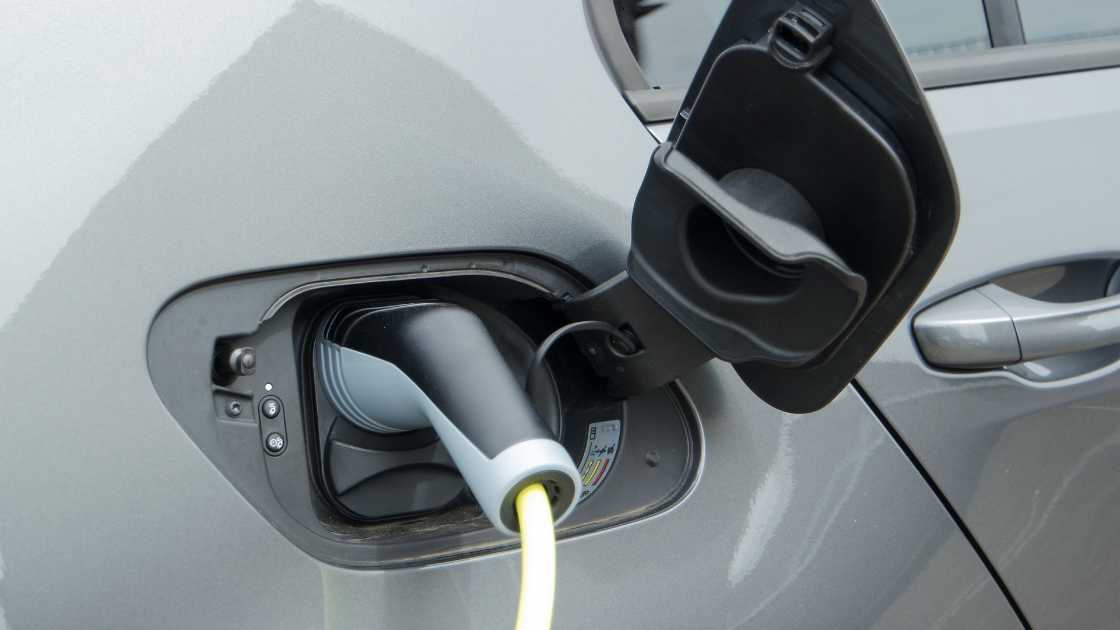
The durable and porous fibres of the hemp plant have recently proven effective as conductors in lithium-ion batteries, making it a safer, better-performing, and environmentally-friendly battery alternative.
In fact, The University of Wisconsin-Milwaukee has already independently tested prototypes of a hemp electric vehicle battery, known as LiS/B4C-hemp, which was developed by Texas-based startup, Bemp Research Corp. Findings of the technology suggest significant advantages over lithium-ion batteries.
8. Personal Care
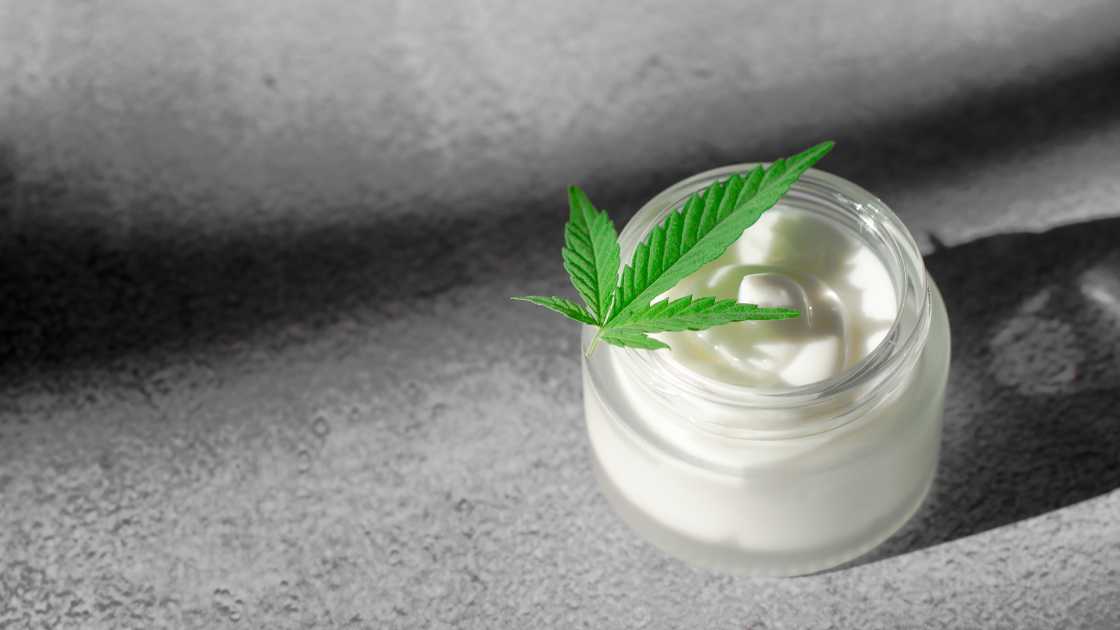
Hemp seed oil is becoming well-known in the world of personal care, and for good reason. Studies have concluded that hemp seed oil holds many healthy benefits when applied topically.
Hemp is a stimulant-free source of omega-3 fatty acids, making it perfect for nourishing hair and nails, as well as fighting off skin irritation. The antioxidants found in hemp seed oil also make it useful when it comes to reducing signs of aging on your skin and promoting collagen production.
Additionally, the anti-inflammatory properties in hemp seed oil can help reduce pain and relieve acne, psoriasis, dermatitis, eczema, and itchy skin.
9. Animal Feed
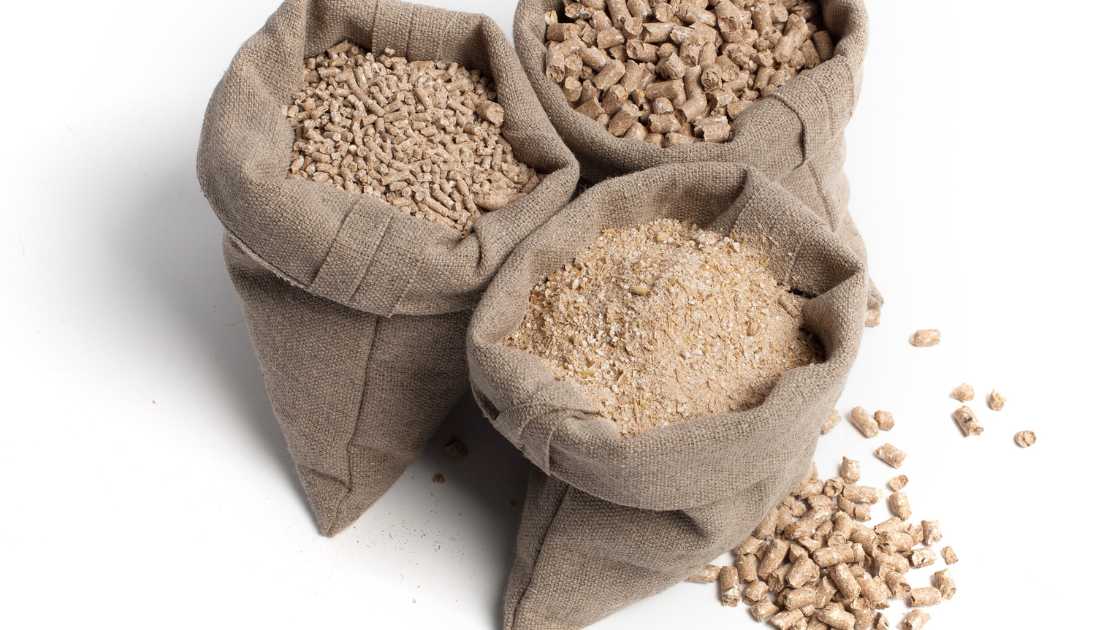
Three hemp bags filled with animal feed
As it turns out, ingesting hemp isn’t just good for humans! Hemp is actually a sustainable and beneficial feed source for animals as well.
Hemp seeds are highly digestible, contain balanced levels of fats and proteins, as well as fibre to help maintain GI health. The content of essential fatty acids, such as Omega-3s and Omega-6s, found in hemp feed, can provide a range of nutritional benefits to a wide array of animals. Additionally, hemp grains contain certain phytochemicals that may act as antioxidants to promote good health in livestock.
As an added bonus, given that hemp grows faster than other traditional feed sources, farmers can produce more product with less land, making it an incredibly viable option for animal feed in the modern world.
*While hemp is increasingly used for equine feed and for pet foods and supplements, it’s currently under review for livestock use. But watch this space. As they say - what's good for the goose is good for the gander.
10. Paper Production
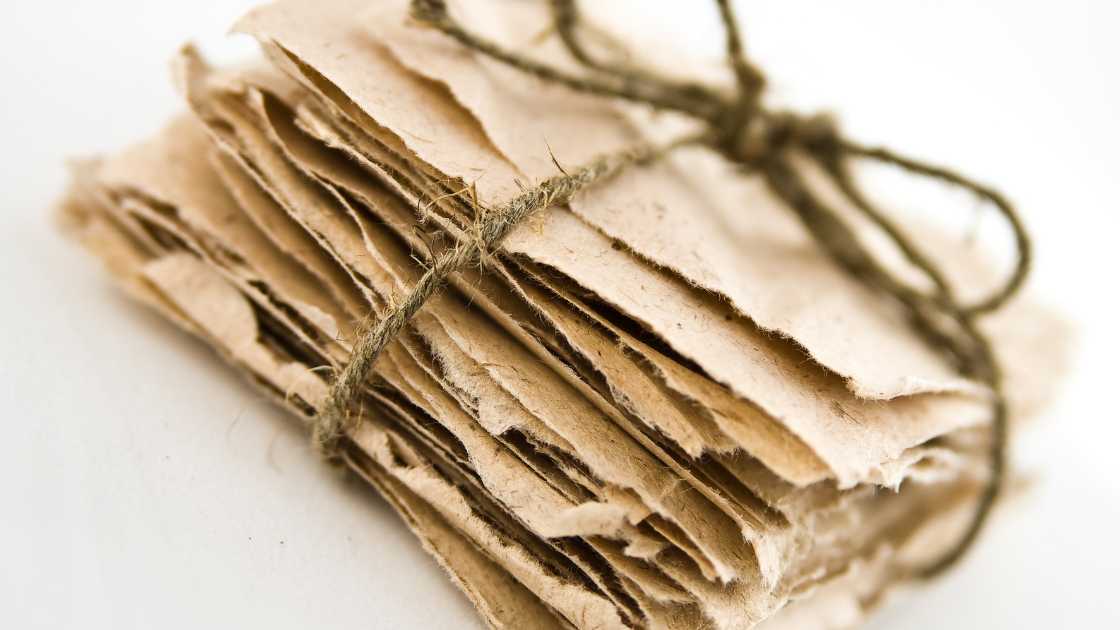
For decades, unsustainable paper production and consumption has contributed to mass deforestation and natural ecosystem degradation around the world. According to The World Wide Fund For Nature, roughly 405 million tonnes of paper and paperboard are produced every single year, totaling roughly 13-15% of total wood consumption.
Hemp may very well be the solution to global conservation.
Hemp paper is stronger, more durable, and easier to manufacture than traditional paper made from wood pulp. It requires considerably less space for cultivation and far fewer resources that are necessary in traditional paper production, meaning that we could realistically make more paper from less raw material.
11. Packaging
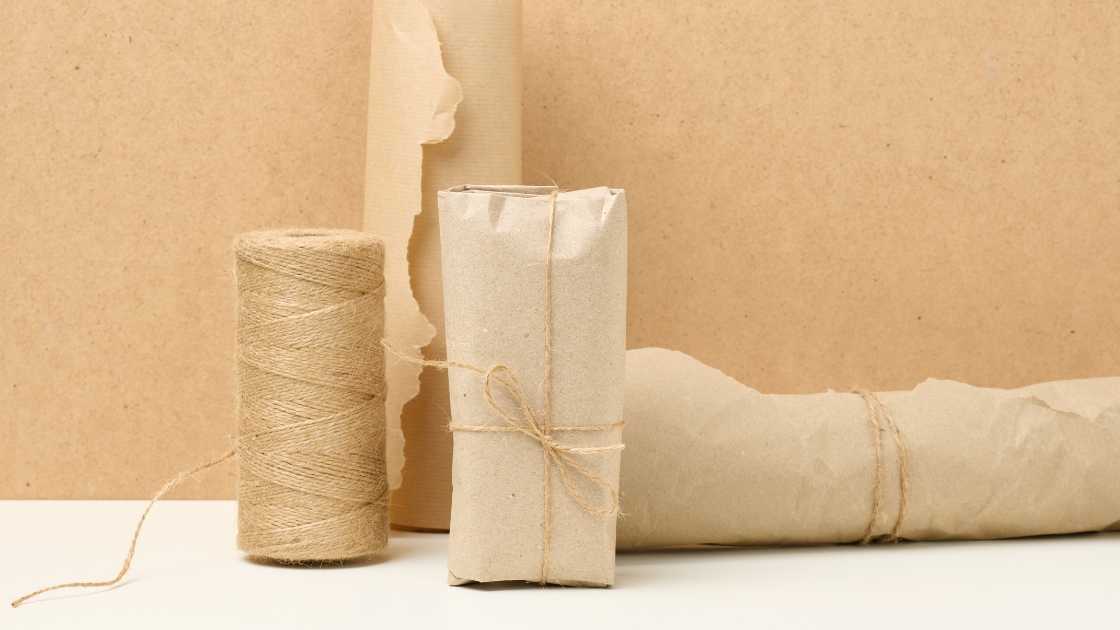
Hemp fibres produce high-quality packing materials, like cardboard boxes, that can hold items of all shapes and sizes.
Not only does hemp have the potential for replacing traditional packaging altogether, but in some cases, its lighter-weight structure could allow for a reduction in long-distance shipping costs - perfect for the holidays!
12. Paint

Hemp oil is steadily emerging as a solution for an eco-friendly, non-toxic alternative to petroleum-based binders and solvents that are traditionally found in paints.
While proper drying methods need to be employed when using hemp derivatives to produce paint, research suggests that hemp-based paint products outperform existing solutions in terms of sustainability and performance.
O Holy Hemp
As we’ve explored, hemp is one of the most versatile plants in existence, with an incredible range of applications. With endless hemp uses that far surpass what is listed here, this otherwise simple plant is fast-becoming widely accepted as an important component in many facets of everyday life.
From building materials and textiles, to fuel and food production, hemp is a powerful force for sustainability. Its potential to reduce our reliance on plastic, promote sustainable living, and improve health and nutrition makes it a crucial part of a greener future.
Merry Hempmas!
Blue Sky proudly practices whole plant utilization in order to lower the cost to our customers and our planet. For questions regarding additional hemp uses and our processes, contact us today.


